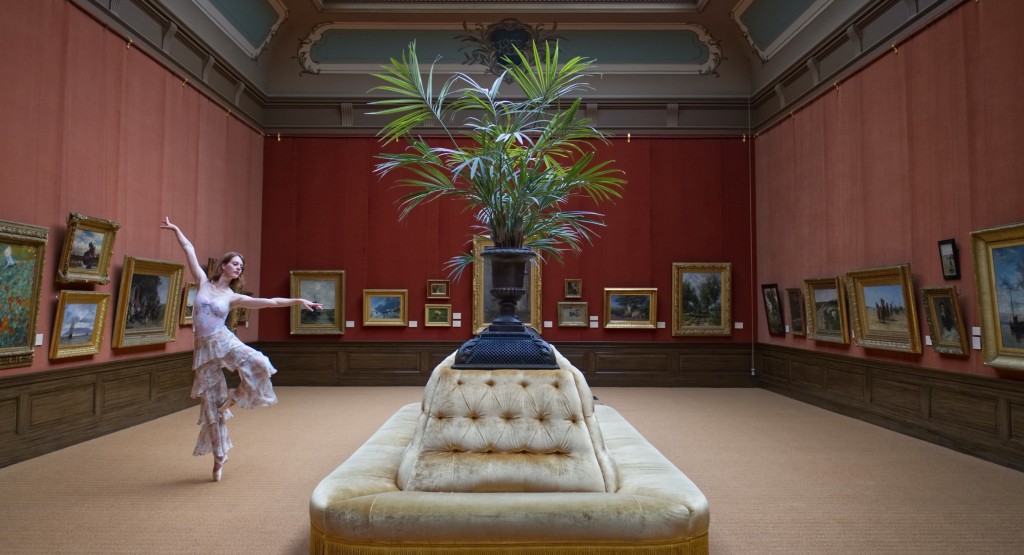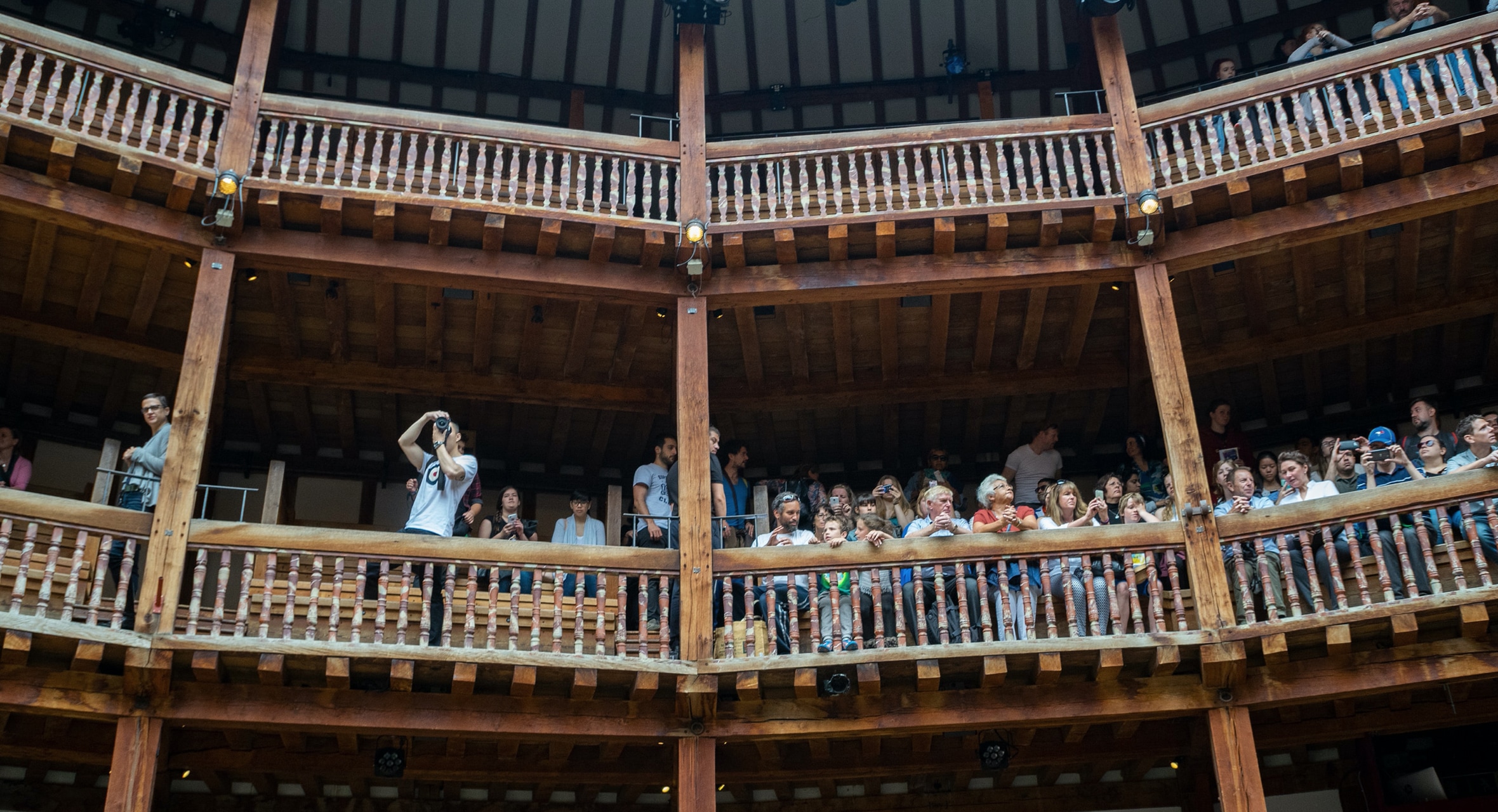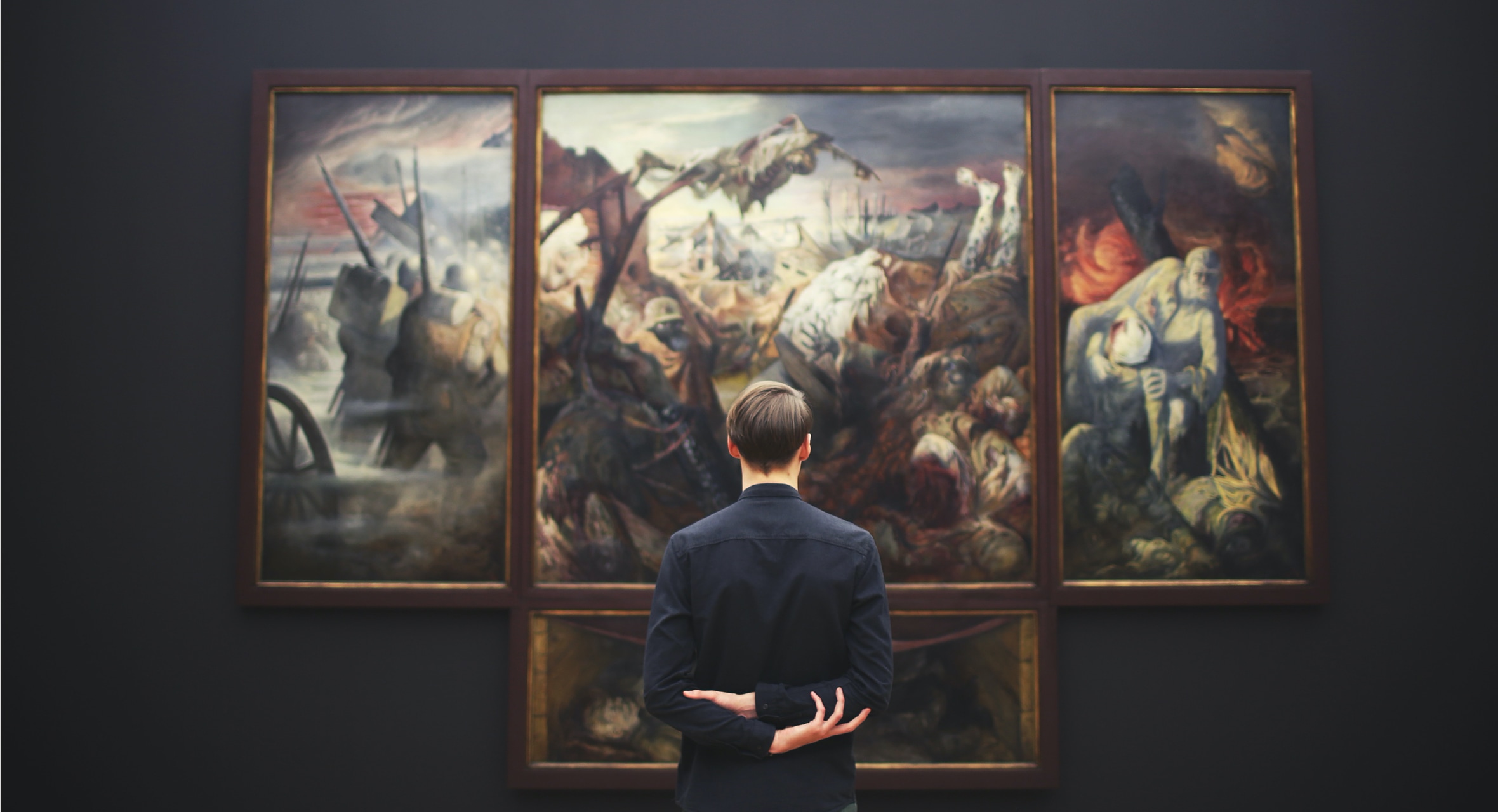The Case for the Arts
Author
Warren Wilansky
Date
janvier 23, 2020

How Plank’s passion for arts and culture began.
I Have a Little Secret To Share With You
Growing up, I never went to the theatre, walked through the halls of a museum or attended live performances of any kind. My parents never thought of taking me to see a play, visit an art gallery or go to a show (other than the circus). My dad was more of a sports guy who was happy to take me to a baseball game, and my mom was a homebody who was fine with TV as my primary source of entertainment. I grew up with Bugs Bunny and Gary Carter over Warhol and Chopin.
In hindsight, it’s not that my parents were trying to rob me of any specific experience, they just didn’t grow up with the arts themselves. As children of Eastern European immigrants, their parents were not highly educated and worried more about working hard and getting by. Instilling an appreciation of the arts simply wasn’t a priority.
Learning How to Learn
So, it may seem strange that Plank strives to work with arts and culture institutions. If the founder of the company didn’t grow up with an appreciation for the arts — which is how most people first connect with something — why would he choose to build a company that is laser-focused on working mainly with arts organizations?
The reality is, what I missed as a child, I’ve made up for over the past 2-3 decades.
When I picked up the bass guitar as a teenager, my appreciation for a specific kind of art — loud and noisy rock bands — got me thinking about music in a very different way. Rather than appreciating top 40 hits because of their popularity or style, I started to understand the intricacies of each instrument, and how they interacted with each other to create something significant.
When my interest in reading grew, and my curiosity about the world flourished, so did my desire to travel. Travelling led me to culture, which meant a city’s museums, art galleries and theatres. Add to that the availability of information online, I suddenly found myself with a passion for not only the newest punk band out of Washington, DC, but also what was playing at the Globe Theatre in London, UK.

Choosing a Focus
When Plank began in the late 1990s, we weren’t focused on any particular industry. As young, inexperienced designers, we were happy to work on anything, as long as we could design beautiful things and tinker with HTML.
After a few years, it became clear that when we worked on a project a team member was passionate about, it showed. They would take it upon themselves to invest deeply into the project, learn as much as possible, and do their best work. Seeing the results of a project that mattered deeply to someone, was humbling. That was when Plank’s future became crystal clear.
So What Mattered
While non-profit, literary and higher education projects, still held an important place for our team, projects such as music festivals, film festivals, performing arts and live music were crucial for us. Rather than continuing to believe Plank was for everyone, we accepted that defining our niche, and following our passions, was the best and brightest path forward.

The Benefits of Positioning
With our enhanced focus, we have grown, improved and elevated our work in substantial ways. By committing to a specific industry vertical — to put it in corporate-speak — we now have in-depth knowledge on a very precise series of issues and challenges, particular to arts and culture organizations, including:
- Expertise in industry-specific 3rd party integrations with ticketing systems such as Tessitura and Spectrix, as well as marketing platforms like Wordfly or MailChimp.
- Designing user experiences that target both traditional audience outreach, including subscriptions, as well as future ticket buyers, and the challenges that come with each.
- Representing your brand online, telling your story, while ensuring a seamless and streamlined user experience.
- SEO, accessibility, and page loading speeds – we optimize our work for all demographics, devices and connection speeds.
By understanding the particular issues arts and culture organizations struggle with, we know what is needed to ensure a project’s success. Everything we learn is applied to future projects; that’s more than 20 years of knowledge and an unwavering commitment to each and every client.
I can proudly say, focusing Plank’s attention on arts and culture has had a profound effect on who we are and what we enjoy working on every day. What have you done to differentiate your business, and what lessons have you learnt from it?
I’m always interested in learning about others’ successes — and failures — so that we can continue to grow our knowledge and improve our impact. Feel free to reach out at any time at warren@plankdesign.com.
